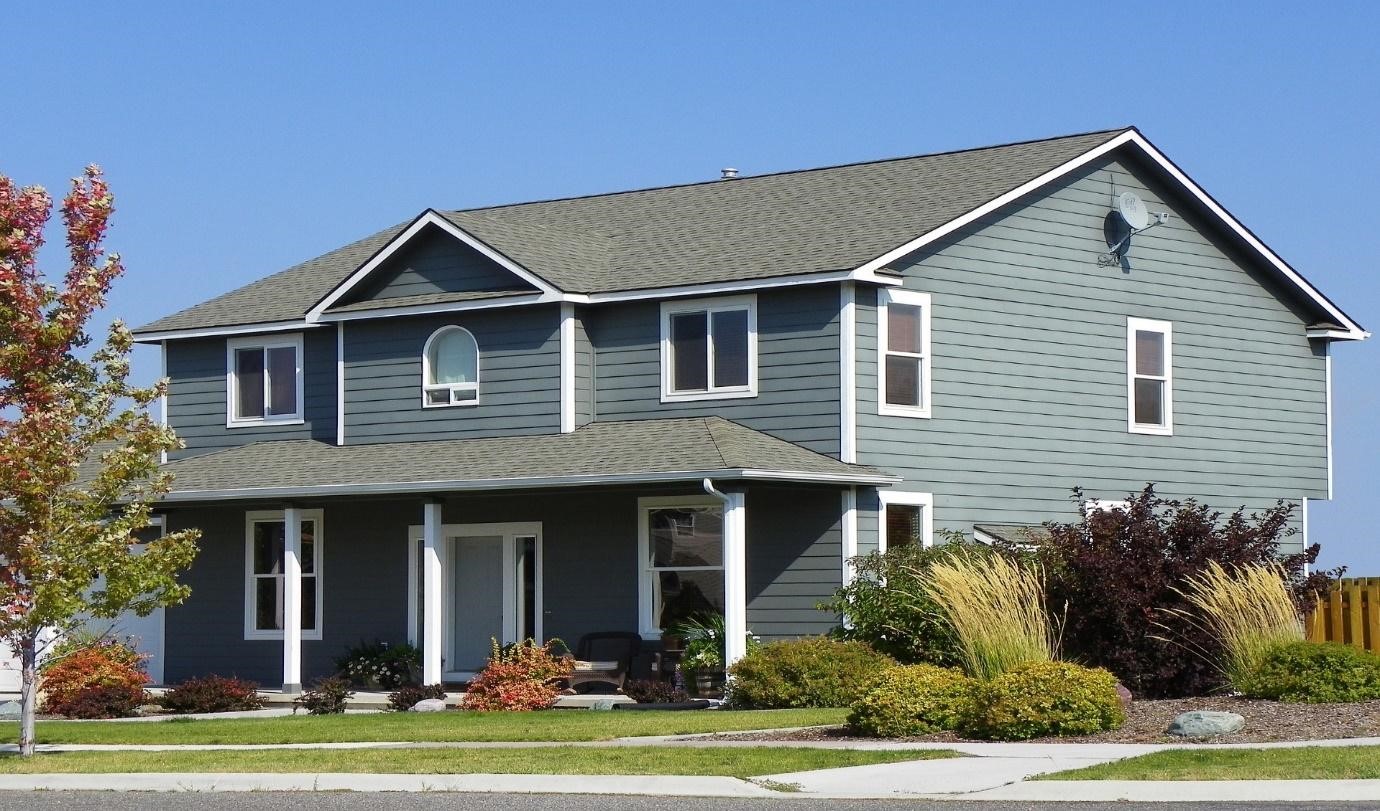The Flexible Land Tenure System (FLTS) in Namibia is a groundbreaking initiative designed to provide affordable security of tenure to residents in informal settlements. This innovative concept aims to establish an interchangeable tenure registration system that complements the existing formal system of freehold tenure. By offering upgradeable alternative land tenure options, the FLTS addresses the need for accessible and secure property rights for informal urban settlers, enhancing the overall property landscape in Namibia.
Establishment of the Flexible Land Tenure System
The Flexible Land Tenure System (FLTS), initiated via the Flexible Land Tenure Act of 2012, emerged to address the plight of informal settlers in attaining secure land tenure. This innovative system empowers local authorities to select suitable tenure arrangements for formalizing informal settlements, prioritizing flexibility and affordability in property acquisition. Introducing two novel tenures – the starter title and the land hold title – FLTS grants individuals secure rights within demarcated areas referred to as “blockerfs.” By tailoring tenure options to local needs, FLTS facilitates the regularization of informal settlements, enhancing residents’ security and fostering community development. This approach not only mitigates tenure insecurity but also promotes social inclusion and sustainable urban development, marking a significant stride towards equitable land access in affected regions.
Associations and Governance in Tenure Schemes
Every tenure scheme under the FLTS must have an association comprising holders of title rights, ensuring effective representation and management of common property. These associations play a crucial role in negotiations with authorities, managing shared spaces, and resolving disputes within the scheme. Governed by a constitution and managed by a committee, these associations promote community engagement and cohesion.
Upgrading Title Rights for Enhanced Security
The FLTS allows for the upgrade of tenure rights, offering holders the opportunity to transition from starter title to land hold title, and eventually to freehold title. This upgrade process requires consent from a majority of scheme members and involves finalizing layout plans and individual plot allocations. By enabling this progression, the FLTS enhances security of tenure and property rights for residents in informal settlements.
Benefits and Implications of the FLTS
The FLTS brings several benefits to the property landscape in Namibia, including:
- Simplified and cost-effective land tenure administration
- Security of title for informal settlers and low-income households
- Empowerment of individuals through secure land rights
- Flexibility in upgrading tenure options to meet evolving needs
This system not only streamlines the registration process but also accelerates land delivery and allocation, making residential housing schemes more accessible and efficient.
Conclusion:
The Flexible Land Tenure System represents a significant step towards enhancing property tenure in Namibia, particularly for residents in informal settlements. By providing affordable and secure land rights, the FLTS fosters economic empowerment, community development, and sustainable urban growth. Through its innovative approach to property tenure, the FLTS is poised to revolutionize the real estate landscape in Namibia, offering a pathway to inclusive and equitable property ownership for all residents.




